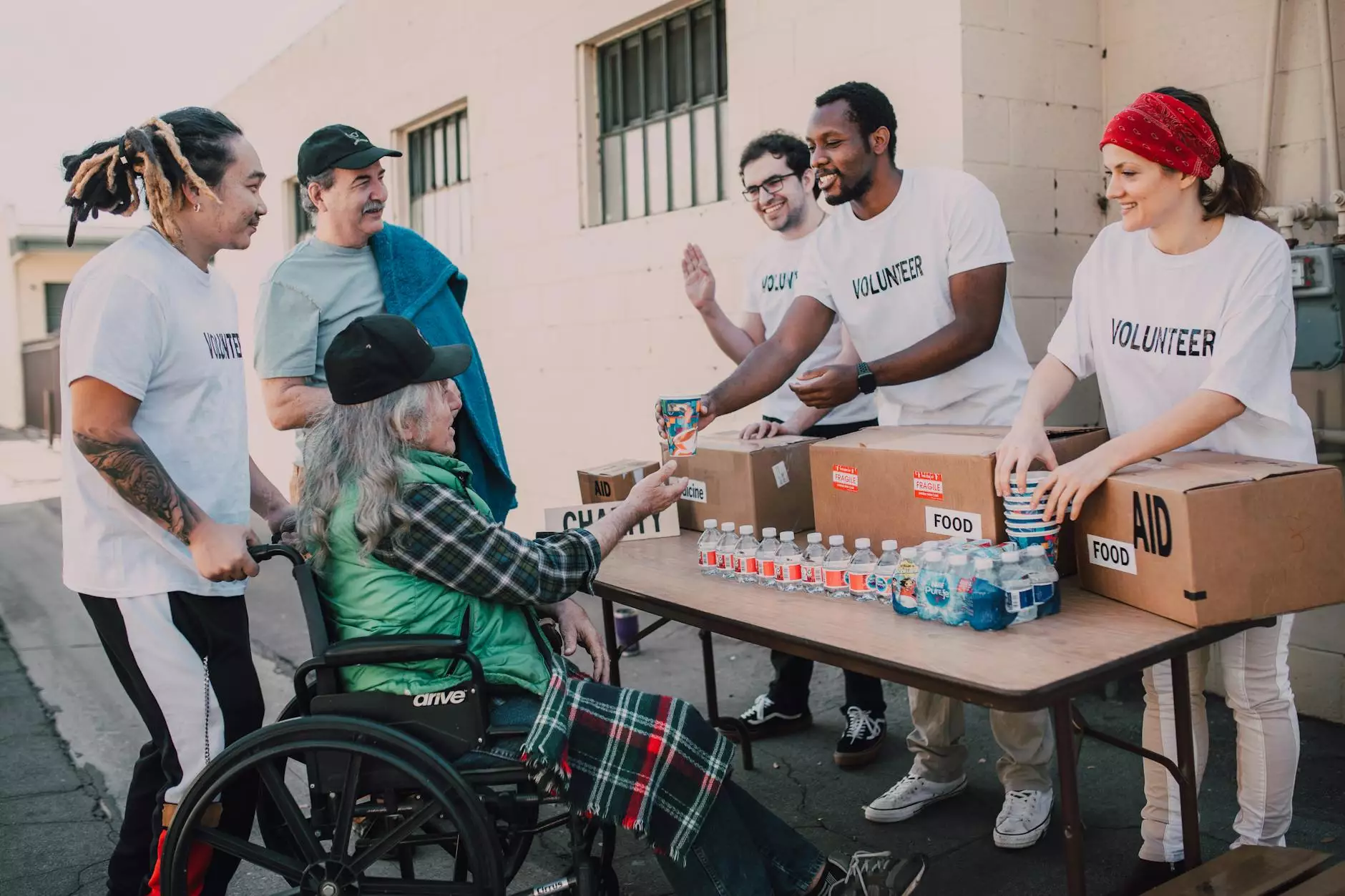Understanding Family Legal Aid: A Comprehensive Guide

In today's complex world, navigating legal issues can be a daunting task, particularly for families facing challenging circumstances. Understanding how to seek and utilize family legal aid is crucial for anyone who finds themselves needing assistance in family law matters. This guide aims to provide a thorough overview of family legal aid, its significance, how it works, and what resources are available to help those in need.
The Importance of Family Legal Aid
Family legal aid plays a pivotal role in ensuring that families have access to necessary legal resources, regardless of their financial situation. Here are some key reasons why family legal aid is essential:
- Access to Justice: Legal representation can be prohibitively expensive; family legal aid bridges this gap, helping those who cannot afford lawyers.
- Protection of Rights: It safeguards individuals' rights in family law matters, ensuring fair treatment under the law.
- Support in Crisis: Families going through divorce, custody battles, or abuse often face emotional and financial crises, and legal aid provides much-needed support.
- Promotion of Stability: Addressing legal issues through proper channels can lead to more stable family environments.
What Constitutes Family Legal Aid?
Family legal aid includes a range of services designed to assist individuals and families in navigating family law-related issues. This can encompass:
- Divorce Proceedings: Assistance with filing for divorce, understanding rights, and negotiating settlements.
- Child Custody Issues: Guidance on custody arrangements, visitation rights, and child support matters.
- Domestic Violence Cases: Legal help for those seeking protection orders and navigating court proceedings.
- Adoption and Guardianship: Support in the process of adopting a child or establishing guardianship.
How to Access Family Legal Aid
Accessing family legal aid can vary by region, but several common avenues exist:
1. Government Programs
Many governments offer legal aid programs funded by the state or local municipalities. These programs typically provide free or low-cost legal assistance to eligible individuals.
2. Non-Profit Organizations
Various non-profit organizations and legal aid societies across the country specialize in family law and can offer valuable support. They often operate based on eligibility criteria regarding income.
3. Law School Clinics
Some law schools have legal clinics where students work under the supervision of experienced faculty. These clinics provide free legal assistance for family law cases, while also serving as a training ground for future lawyers.
4. Community Resources
Local community centers may also provide resources and referrals for family legal aid, including workshops and informational sessions about family law issues.
Eligibility for Family Legal Aid
To qualify for family legal aid, applicants usually must meet certain criteria, including:
- Income Limits: Most programs have income eligibility requirements based on the federal poverty level.
- Type of Case: Legal aid typically focuses on specific types of cases, such as domestic violence, custody disputes, and divorce.
- Residency: Applicants generally must reside in the area served by the legal aid provider.
Understanding the Application Process
The application process for family legal aid can vary significantly depending on the provider. However, the following steps are commonly involved:
Step 1: Determine Your Eligibility
Start by checking the eligibility criteria of the agency or organization you plan to contact.
Step 2: Gather Necessary Documents
You often need to provide documentation of your income, assets, and details about your legal issue.
Step 3: Fill Out an Application
Most legal aid organizations will require you to complete an application form, which can often be done online.
Step 4: Attend an Intake Interview
An intake interview may be necessary to assess your situation and determine the level of assistance you require.
Step 5: Seek Representation
If approved, you'll be matched with a legal professional who specializes in family law to guide you through your case.
What to Expect When Working with Family Legal Aid
Once you have secured family legal aid, it is essential to understand what to expect:
- Communication: Maintain open communication with your legal aid attorney about your case and any changes in your situation.
- Realistic Expectations: Understand that while legal aid can provide valuable help, outcomes can vary based on the specific circumstances of each case.
- Focus on Your Goals: Work together with your attorney to set clear goals and strategies throughout your legal journey.
The Impact of Family Legal Aid on Society
Family legal aid does not just benefit individuals; it has far-reaching impacts on society as a whole:
- Improved Legal Literacy: By providing resources and education, legal aid services contribute to greater understanding of legal rights.
- Reduction in Court Backlogs: With more individuals receiving legal assistance, disputes may be resolved more efficiently, reducing the burden on court systems.
- Increased Stability: As families receive the help they need, there is often an overall improvement in family stability, leading to positively affected communities.
Conclusion
In conclusion, family legal aid is a critical resource for those facing legal challenges related to family law. It plays a substantial role in promoting justice, protecting rights, and ensuring that no one is left to navigate the legal system alone. By understanding how to access these resources and what to expect, families can better position themselves to overcome their legal difficulties and secure a brighter future.
Call to Action
If you or someone you know is facing family law issues, act now! Reach out to local legal aid organizations or community resources to explore your options. Demand the support you deserve and make informed decisions about your legal journey.









